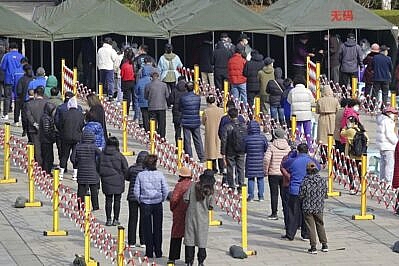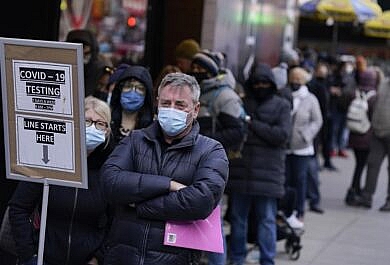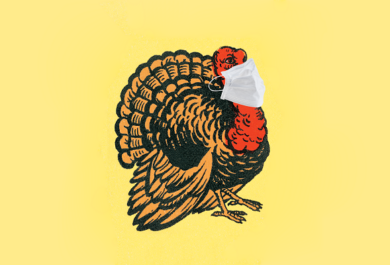China’s new wave of Covid lockdowns threaten the global supply chain and could send inflation surging even higher.
Summary
China locked down technology hub Shenzhen and all of Jilin province as part of its “zero Covid” policies to fight rising Omicron variant cases. This marks China’s first province-wide lockdown since China restricted Wuhan and Hubei provinces in the first months of the pandemic.
- China’s Covid cases have more than doubled in the past few days, marking China’s biggest reported outbreak since early 2020.
- The People’s Republic mobilized military reservists to combat the “fast spreading ‘stealth omicron’ variant” that has caused infections to spread rapidly without a corresponding increase in deaths. Regardless, China has held to its zero-tolerance strategy that prioritizes stopping transmission no matter the cost.
- The Shenzhen lockdown threatens to disrupt global manufacturing and trade flows. Global markets have decline, with the Hong Kong market down 6 percent, Shanghai declining by 5 percent and Dow and S&P futures down 0.7 percent.
- Manufacturers of products as varied as flash drives, iPhone screens, electric scooters, toys and companies like iPhone manufacturer Foxconn, Toyota and Volkswagen have already warned of shortages and delays due to the lockdown. Tesla raised its prices twice in less than a week.
- The Associated Press quoted an economist who said “we can think of no risk to the global economy, excluding nuclear warfare, that is greater than the risk of a COVID outbreak in China that shutters industrial production.”
![]()
- The New York Times coverage touched upon one possible reason for China’s new outbreak: low vaccination rates and the shaky efficacy of the Chinese-manufactured Sinovax vaccine.
- The Washington Post postulated China’s zero tolerance policy’s steep global economic cost may force it to reassess its approach.
- CNN provided a useful glimpse into life under China’s new lockdown affecting more than 37 million people and how China got to this point.
![]()
- The Wall Street Journal assessed the impact of China’s lockdowns on its manufacturing sector and how that will affect US consumers.
- National Review provided a useful explainer on the differences between supply shocks and inflation spikes.
- Breitbart theorized China’s lockdowns could affect the Fed’s next interest rate hike.
Author’s Take
China’s lockdowns – and their ramifications for the global economy – demonstrate the futility of zero-COVID policies aimed at stopping transmission. China is the only country in the world going into lockdown at a time when most of the rest of the world has returned to some semblance of normal. China’s authoritarian regime has boxed itself into a corner – having bragged about the success of its zero-COVID policies, it can’t reverse without admitting it was incorrect and maybe welding people into their homes wasn’t the best strategy.
This also demonstrates just how important vaccination is. The US and Europe have both launched massive vaccination campaigns ensuring most of their citizens either are vaccinated or have access to safe, effective vaccines. China’s reliance on a shoddy Sinovax vaccine, and its low vaccination rates, are now coming back to bite the Politburo. The rest of the world will have to deal with the ramifications of their poor decisions.
© Dominic Moore, 2022






